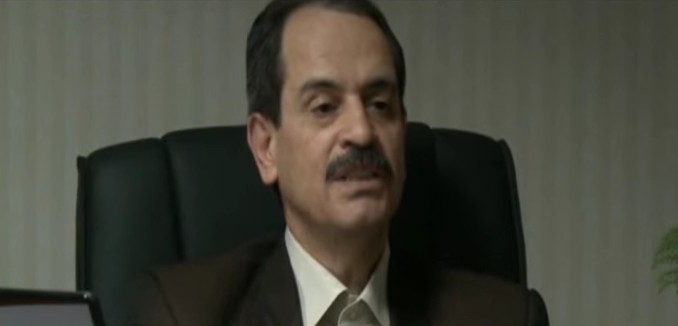Zeid Raad al-Hussein, the UN high commissioner for human rights, criticized Iran for sentencing Mohammed Ali Taheri, the founder of alternative medicine movements in Iran, to death for the crime of “corruption on earth.”Al-Hussein made his comments in a press release issued today.
“Iran’s use of the death penalty has long been problematic, with many executions on drug offences, several executions of people who were below the age of 18 when the crime was committed, as well as other cases where broad, ill-defined charges led to the imposition of capital punishment,” Zeid said.
“Taheri’s multiple convictions on a variety of vague charges, his alleged detention in solitary confinement and now his sentencing to death bring into stark focus serious issues with the administration of justice and the terribly worrying use of the death penalty in Iran.”
The High Commissioner stressed that under international law, and in particular the International Covenant on Civil and Political Rights which Iran has ratified, in countries which have not abolished the death penalty, it may only be used for “the most serious crimes” which has been interpreted to mean only crimes involving intentional killing. Even then, the case has to meet stringent fair trial standards.
“I call on the Iranian authorities to immediately withdraw the charges against Taheri and ensure his unconditional release. For an individual to be sentenced to death for peaceful exercise of freedom of expression, religion or belief is an absolute outrage – and a clear violation of international human rights law,” High Commissioner Zeid said.
Ahmed Shaheed, the UN special rapporteur on the situation of human rights in Iran, has regularly and consistently criticized the regime for its human rights abuses, especially its excessive use of the death penalty. Earlier this week, it was reported that Iran had forged documents in an effort to undermine Shaheed’s credibility.
In Should the U.S. Take Iran’s Human Rights Problem More Seriously?, which was published in the April 2015 issue of The Tower Magazine, Senior Editor Ben Cohen talked to Shaheed, who identified the surge in executions as the most pressing human rights issue in Iran.
In Shaheed’s view, the right to life is the most pressing of the myriad human rights concerns currently in play in Iran. “At least 753 individuals were reportedly executed in 2014 (the highest total recorded in the past 12 years),” his report revealed. “This includes the execution of 25 women and 53 public executions.”
I asked Shaheed what requests should be put to the Iranian regime in the light of that record. “I would say that a moratorium on the death penalty is the most urgent step they need to consider,” he replied. “I say that given the very high number of executions in the country, plus the fact that this has now been widened to include juvenile and political crimes, and corruption as well.”
[Photo: Faradarmani Taheri / YouTube ]




